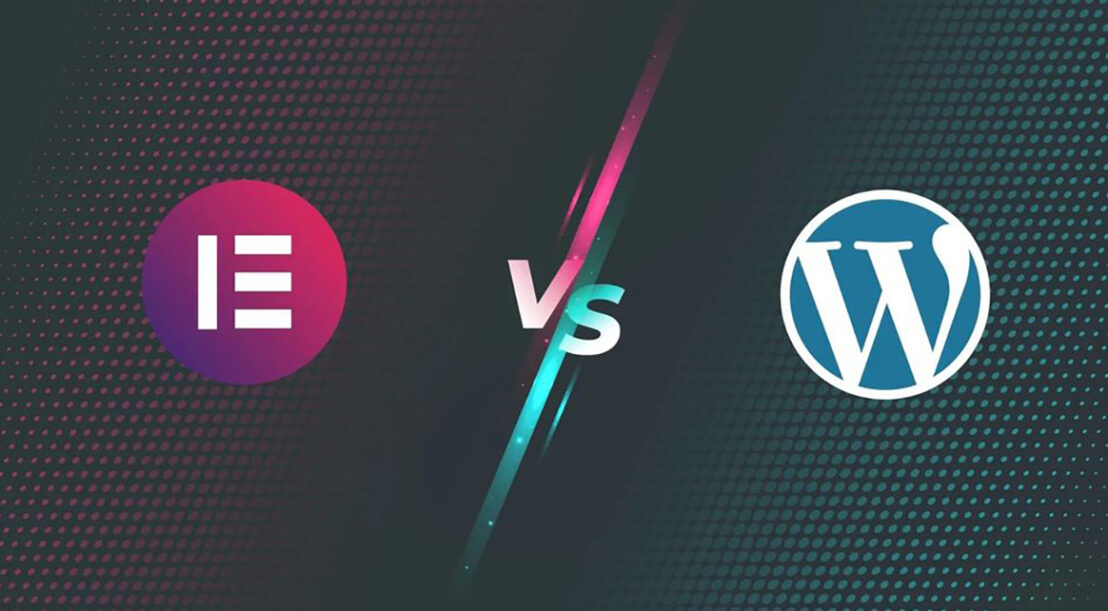In the ever-evolving landscape of web development, WordPress stands out as a leading content management system (CMS) platform. When it comes to creating a WordPress site, developers often face a choice: building a custom theme or using a visual page builder like Elementor. While both approaches have their merits, this article will explore the advantages of developing a website with a custom WordPress theme compared to using Elementor, highlighting key aspects of modern web development practices.
- Unique Branding and Design
One of the most significant benefits of using a custom WordPress theme is the ability to create a unique brand identity and design for your website. While Elementor offers customization options, its popularity often leads to websites with similar looks due to the widespread use of certain templates or styles. A custom theme allows you to tailor your site’s appearance specifically to your brand identity, ensuring it stands out from competitors.
Example: Imagine you’re running an e-commerce solution for handmade jewelry. By developing your site with a custom WordPress theme, you can incorporate design elements that reflect the artistic nature of your products while maintaining consistency across different pages. This level of customization is crucial for effective digital marketing and brand differentiation.
- Enhanced Performance and Efficiency
Web development with custom themes involves considering various factors such as page load speed and code efficiency. Custom themes offer greater control over coding methods, allowing developers to build high-performing websites that outpace those created solely with Elementor’s drag-and-drop functionality.
Example: For a content-heavy news platform where speed plays an integral role in retaining visitor attention, optimizing code snippets within your custom WordPress theme will enable faster loading times compared to relying heavily on complex visual builders like Elementor. This optimization is key for SEO optimization and user retention.
- Flexibility and Scalability
As businesses grow and expand their online presence, scalability becomes crucial to accommodate evolving needs such as adding new features or functions seamlessly. Custom themes offer greater flexibility when integrating new components into existing structures without compromising performance or user experience.
Example: Consider an online education platform initially focused on offering courses through video lectures but later decides to introduce interactive quizzes within dynamically generated lesson modules from user inputs. Incorporating these advanced features into your existing layout would be easier when working with custom themes rather than relying solely on pre-built frameworks like Elementor.
- Optimized for Business Automation
Custom WordPress themes can be designed with business automation in mind from the ground up. This approach allows for seamless integration of various automated processes, from content scheduling to customer relationship management (CRM) systems.
Example: A real estate website could benefit from a custom theme that automatically updates property listings, schedules viewings, and syncs with external databases, all while maintaining a cohesive design and user experience.
- Superior UI/UX Design Control
While Elementor provides a user-friendly interface for design, custom themes offer unparalleled control over UI/UX design elements. This level of control is crucial for creating intuitive, responsive designs that enhance user engagement and satisfaction.
Example: A financial services website could implement complex data visualization tools and interactive calculators seamlessly within the custom theme, providing a superior user experience that aligns perfectly with the brand’s professional image.
- Enhanced Cloud Computing Integration
Custom WordPress themes can be optimized for cloud computing environments, allowing for better resource allocation, improved security, and enhanced performance. This integration is particularly beneficial for websites that handle large amounts of data or experience fluctuating traffic.
Example: An event management platform could leverage cloud computing through its custom theme to handle ticket sales surges, manage real-time updates, and ensure smooth operation during peak usage periods.
- Advanced SEO Optimization Capabilities
While Elementor offers basic SEO features, a custom WordPress theme allows for more advanced SEO optimization techniques to be built directly into the site’s architecture. This approach can significantly improve search engine rankings and visibility.
Example: An e-commerce site could implement schema markup, custom meta tags, and optimized URL structures directly within the theme, boosting its visibility in search results and potentially increasing organic traffic.
Conclusion:
While both custom WordPress themes and Elementor have their place in web development, choosing custom themes offers unique branding opportunities, improved performance through efficient coding methods tailored directly to desired functionality, and scalability for future expansion needs.
The choice between these approaches should ultimately be based on project goals, available resources, and long-term digital marketing strategies. For businesses looking to create a truly unique online presence with optimized performance and scalability, investing in a custom WordPress theme development may prove to be the more advantageous path in the long run.
By leveraging the full potential of custom WordPress themes, businesses can create websites that not only look great but also perform exceptionally well, providing a solid foundation for their online presence and digital marketing efforts.

